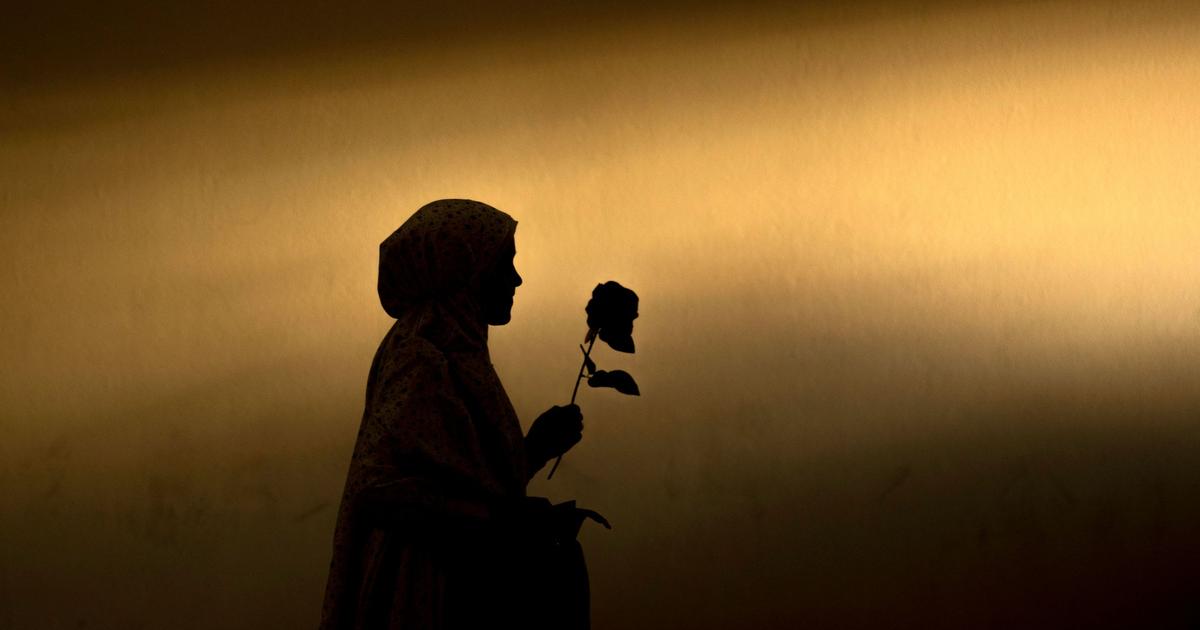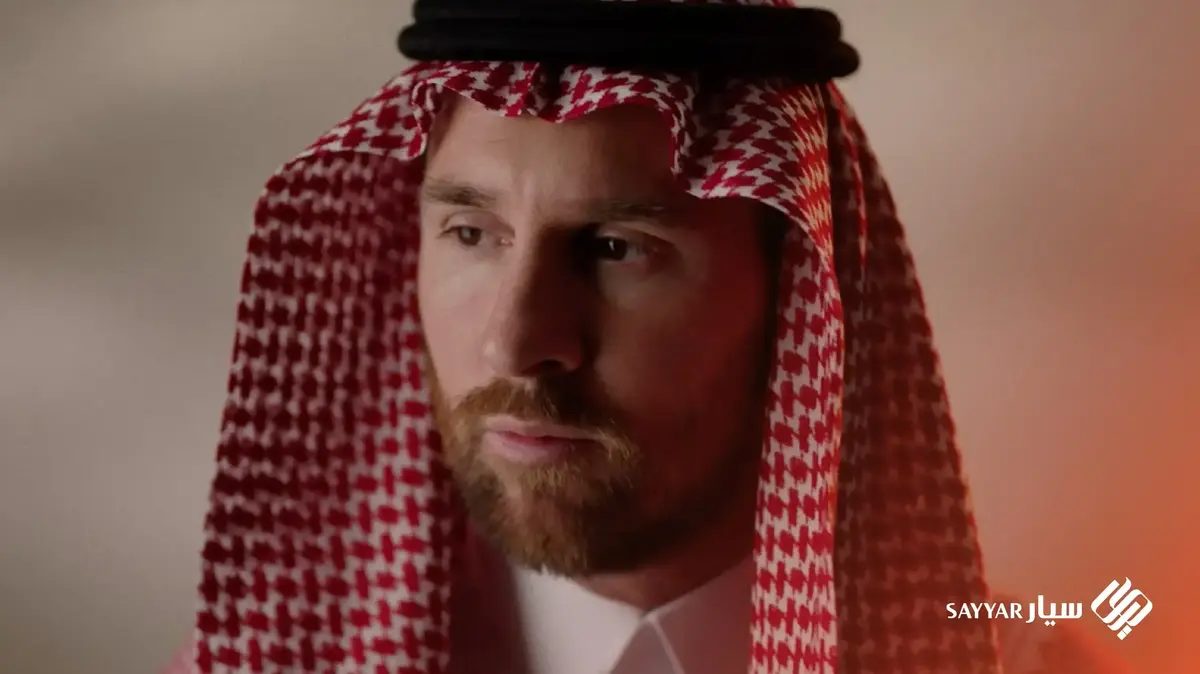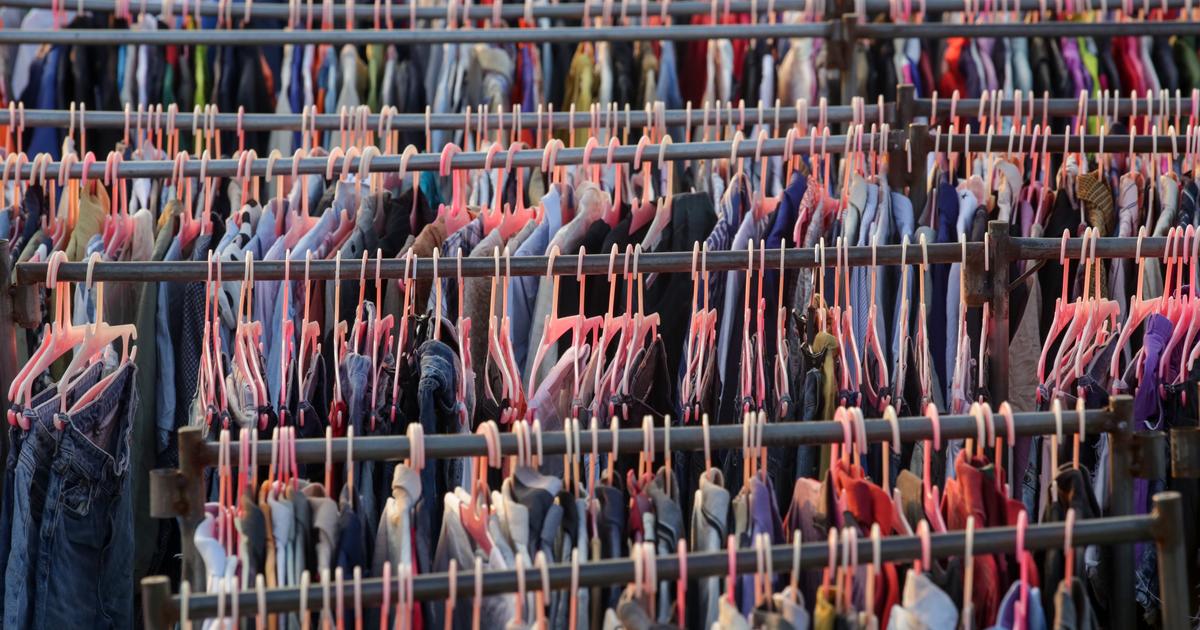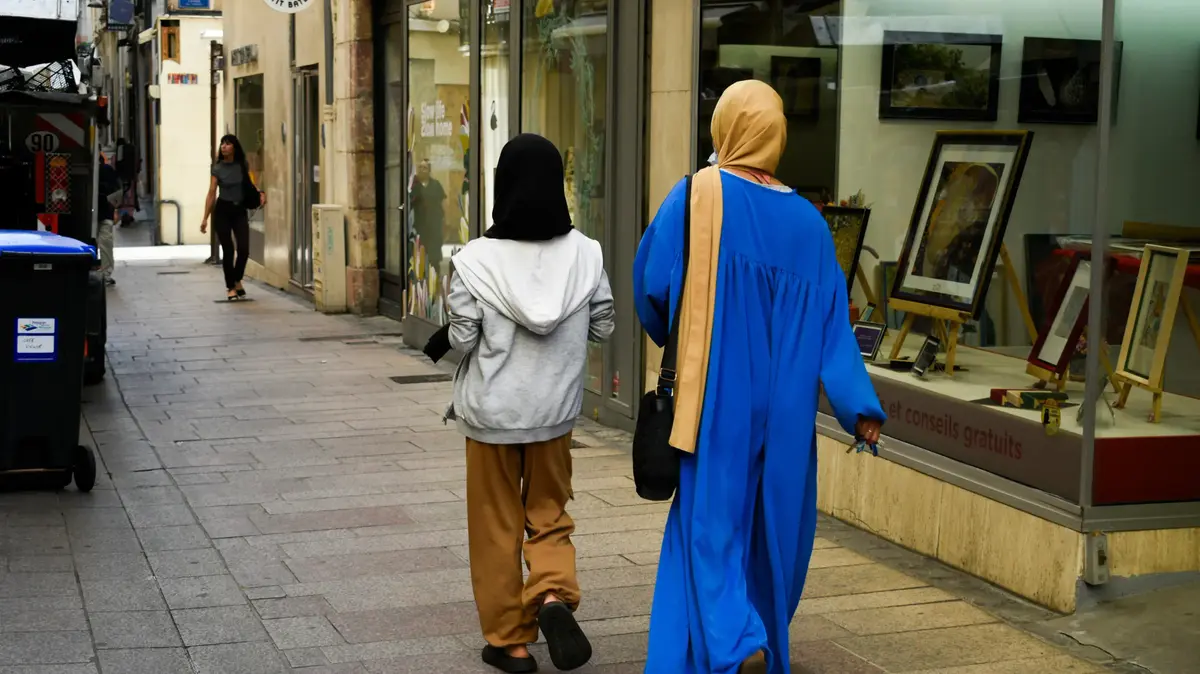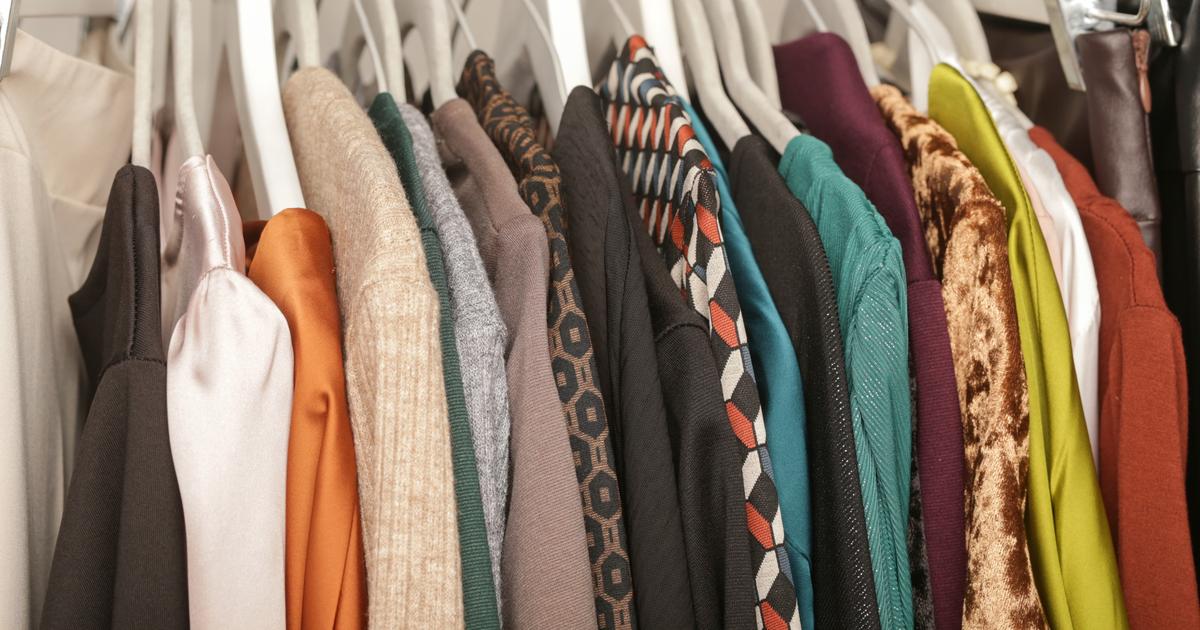SPIEGEL : At its party congress, the CDU has called for a ban on headscarves in elementary schools, as a "last resort". The party relies primarily on the conviction of the parents. But: "If little girls already wear headscarf in kindergarten and elementary school, then this has nothing to do with religion", but make children recognizably outsiders, it is said. Is that a good argument?
Yasemin Karakasoglu : No, because only the prohibition application of the CDU makes them outsiders. It is completely paradoxical, what happens there: Conservative politicians assign this a negative meaning. This will make the headscarf a symbol of exclusion and discrimination - and to protect the wearers from this self-imposed exclusion, the cloth should be banned
SPIEGEL: Are girls wearing headscarves perceived as outsiders?
Karakasoglu : In school classes, they are a normal part of the community, for their classmates this is usually not unusual. The problem is more likely to be the older ones. In a survey by the Humboldt University, four out of ten adults say that wearing a headscarf is not German to them. By contrast, only one in four adolescents agreed with this statement.
SPIEGEL: It's about a headscarf ban at elementary schools. Why should girls under the age of twelve cover their hair?
Karakasoglu : There is actually no good reason for the fact that so young girls are wearing headscarves because of their religious tradition. Hardly any scholar in Islam demands that people cover much before sexual maturity that could be considered provocative.
SPIEGEL : Islamic associations say it is a bogus debate because very few young girls are wearing headscarves. There are no official numbers. Nevertheless, it even happens, at individual schools even heaped. Are the parents putting pressure?
Karakasoglu : In very religious households, it may be that parents want to educate their children at an early age to wear a headscarf. In other families, it's the girl herself who emulates the women to make herself feel a bit more grown-up. Even girlfriends with headscarves can be a role model. For children who grow up like this, it is not a big question if headscarves are right or wrong and if they feel comfortable or uncomfortable. This is part of a familial overall clothing concept.
SPIEGEL : Children are usually dressed by their parents ....
Karakasoglu : And social affiliations also play a role here. There are many clothing codes, even in other areas of society. For example, if little boys are completely dressed in light blue and girls in pink, we are also dealing with certain notions and gender stereotypes that are transported with the clothes. Other children are marginalized because they do not wear branded clothing. Nevertheless, we would not come to forbid it.
SPIEGEL: Would not that be a good reason for a school uniform, as they are in Britain, for example?
Karakasoglu : That's a good example, because the uniform in the UK integrates the headscarf as a matter of course.
SPIEGEL: Many people are bothered by the headscarf, because they fear that children would be given an image of women early on that would not be equal.
Karakasoglu: They project their own ideas onto their counterparts. The cloth itself does not say anything about the image of women being taught at home. There are also women who wear it to refute the cliché. Others see in it the proud expression of their religion. Otherwise, an education without a headscarf guarantees no progressive image of women. There are various religious communities that can not be recognized by certain symbols, but still maintain an irritatingly backward image of women. In many Christian-free church community, you may guess that, because the girl always comes only in skirts. Then politics would have to ban skirts. But that's nonsense.
more on the subject
SPIEGEL: A headmistress told me that she could look at girls, why they had a headscarf on: those who do it voluntarily, are wearing it with pride. Those who need to do so went to school with their eyes lowered for the first few weeks. Should teachers intervene?
Karakasoglu : For this, the teachers have to question themselves first: I transmit my emotions to my counterpart, because I think: "Poor child, now it is even sent to school with a headscarf?" Then I automatically interpret a sad expression to that effect. Or do I know the child so well that I can correctly assess whether his personality changes from now on the same? If the teacher observes this without bias, she has to react.
SPIEGEL: How?
Karakasoglu : I would address the child: "I notice that you have not behaved so happily lately, what is going on?" Of course I'm not asking if that's the headscarf. But quite openly. Then a conversation with the parents should follow, at eye level: "I would like to understand why your child now wears a headscarf." Then the parents can describe this from their point of view. It's much better to get into a conversation than nurse blame, guess, and worry.
SPIEGEL: Should teachers increasingly focus on children when they put on a headscarf at a young age?
Karakasoglu : Teachers should not define the moment of wearing headscarves as a moment from which they are more attentive. That would mean that this girl from then on would be under increased observation. That would be totally inappropriate and an incredible pressure that the other students would feel. Observation is only appropriate when there are signs of difficulties, such as when a child is actually marginalized or performance is falling.
SPIEGEL : What would a ban do?
Karakasoglu : Teachers and parents are all about building trust because both are partners in raising a child. A ban does not do justice to this mandate. It causes mistrust and fears.
SPIEGEL: Teachers and trade unions doubt the feasibility. "Shall we tear down the headscarf for the children at the entrance?" A headmistress told me in conversation .
Karakasoglu : Yes, that would really lead to a great disturbance and uncertainty. A ban would not only pedagogically completely absurd, it would be virtually unenforceable.


